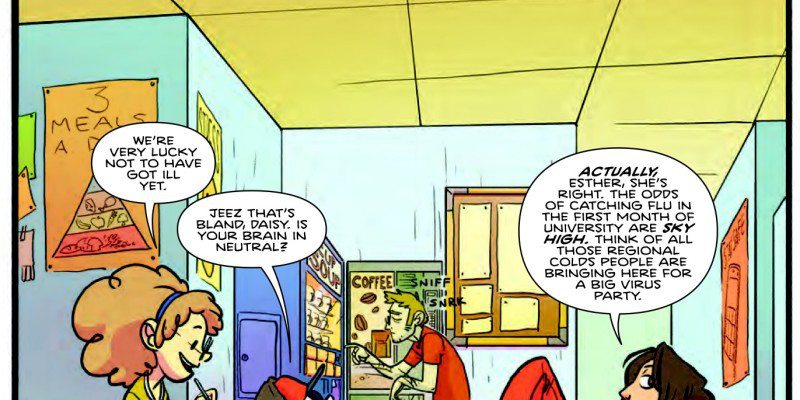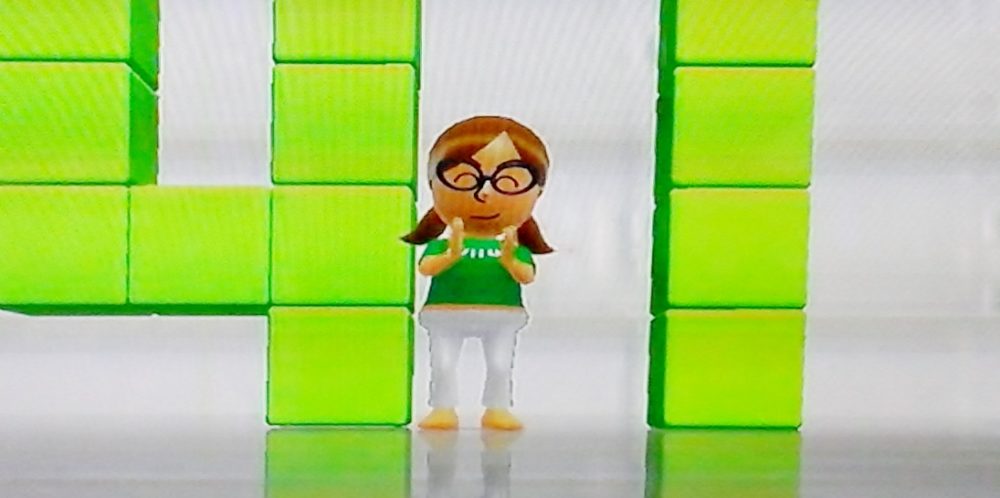Mazel tov! It’s probably the most well-known Jewish phrase. You’ve heard the Black Eyed Peas sing it, you’ve watched Tevye dream it, you’ve seen little Drake say it in HYFR. Translated as congratulations, it actually has a different meaning.
What does it mean? Let’s break it down.
Etymologically, “congratulations” is about coming together to show joy or give thanks. “Mazel tov” is a phrase whose use originated with Yiddish speakers. Yiddish, a mix of Hebrew and various local dialects with a heavy German base, dates back to Central Europe in the 10th century (there are a number of languages mixed with Hebrew, going back to the Second Temple period when Hebrew was mixed with Aramaic). “Mazel”, or “mazal”, as pronounced in modern Hebrew, literally means constellation. “Tov” means good–you may remember it popping up in the traditional greeting for the Jewish new year. It’s in the feminine form in “Shana Tova”, or Good Year.
![By Craig ONeal (Black Eyed Peas) [CC BY 2.0 (http://creativecommons.org/licenses/by/2.0)], via Wikimedia Commons](http://geekmom.com/wp-content/uploads/2015/11/Fergie.jpg)
In Jewish tradition, there are a few ways of changing your mazal. One is through “zchut”, which I’ll roughly translate as earning it. We increase our charitable giving, good deeds, and prayers. We do it both on others’ behalf, like in the case of someone who’s ill, as well as our own. One sentence in the High Holy Day prayers reads (again, loosely translated), “Repentance, prayer, and charity deflect the evil of the decree.”
Culturally, I find it interesting that the phrases we use to celebrate the moment aren’t actually about the moment. A phrase that says instead, “We hope this moment points you towards a good future,” isn’t really a surprising one for a group of people living in a diaspora, unsure of what each day would bring. It takes a sense of security to be able to simply enjoy where you are without being concerned about what’s coming next. “Neurotic Jew” is often a redundant phrase.
There’s a Talmudic phrase in Hebrew–“Meshaneh makom, meshaneh mazal”–if you change your location, you change your fortune. This one is a particular favorite of mine thanks to a song called Yo-Ya in which each verse ends on a riff of a proverb. I can’t explain why, but it’s a popular wedding song at Orthodox weddings. There’s even a dance, and it’s pretty much the only line dance I can do. The first stanza is about someone who was sentenced to death and hopes they switch him to the other electric chair to change his mazal. Nothing like gallows humor at a wedding!
Unfortunately, the notion of changing one’s mazal has led to a spate of people trying what I can only call hocus pocus to fix their lives. You will now find groups that offer to pray for you for 30 days–for a fee! There’s a pseudo-mystical rite to ward off the evil eye, likely with pagan roots, performed with molten lead. You know how your mazal will change? You’ll end up in the hospital from playing with molten lead. Don’t do that.
The weird thing about this phrase is that it’s ubiquitous in its use by people who mostly reject the notion of astrology. There are some connections between constellations and kabbalah, by which I mean the real deal Jewish mysticism texts, not the Kabbalah Center. But astrology as a way of reading one’s destiny is considered a lost art. Regarding astrologers, the Talmud notes, “They gaze and know not at what they gaze, they ponder and know not what they ponder.” Even though there are mystical Jews, I don’t know anyone who actively prognosticates from the stars.
If you’re playing close attention, you’ll have realized that for all the mazal tov there must be an equal and opposite bad fortune, or mazal ra. We have a concept of the evil eye in Judaism. How it’s understood and deflected varies largely by the culture each Jewish community found itself in after the diaspora. There’s also a Yiddish term for someone who perpetually has bad luck–a shlamazel.





